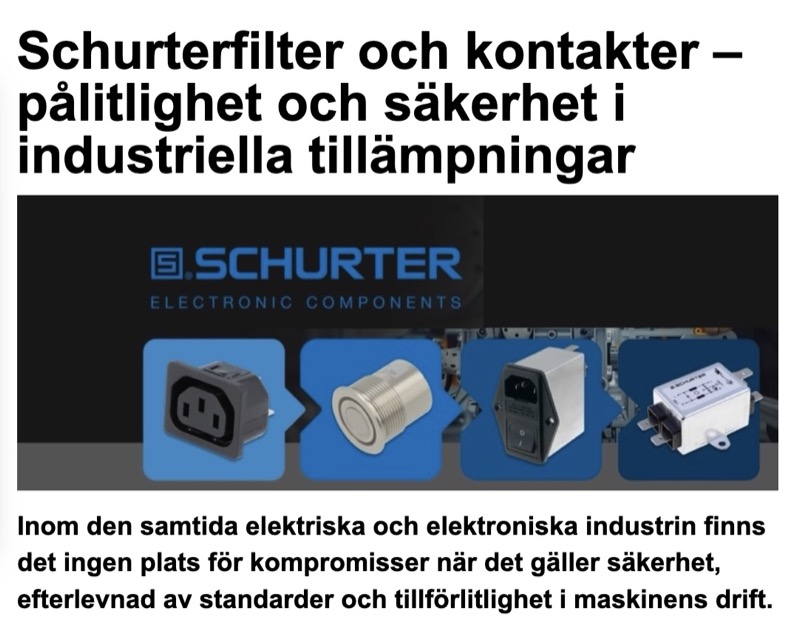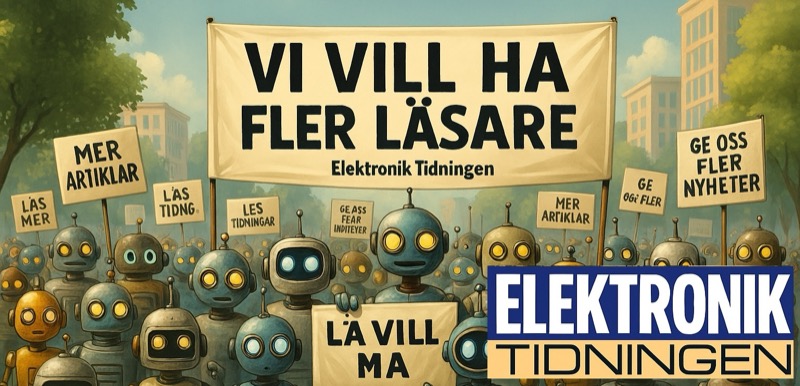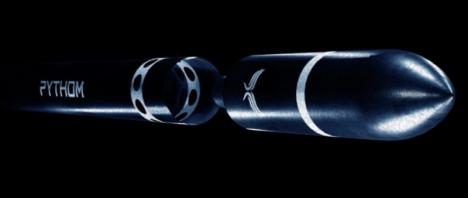Hopefully, the plastic chips can be mass-produced in existing semiconductor fabs. And if Intel has a production line available, production of the plastic chips could start well before 2003, claims Erling Svela, financial director of Norwegian Opticom ASA, which owns Thin Film Electronics.
Erling Svela tells Elektroniktidningen that his company has invested SEK281m (approx. $28.1m) since development of the chips started in 1999. A prototype is due to be ready in June this year.
However, technical details have not yet been disclosed. The only information available is that a smart polymer material replaces conventional memory cell transistors. Opticom has explored the area since 1996 and has some 60 patents. The technology will be licensed to chip manufacturers like Intel.
Expectations are high and the technology is tipped to revolutionise memory chips. Finding outside experts willing to comment on the technology has proved difficult since most of them have signed secrecy contracts with Thin Film Electronics. Professor Olle Inganäs at Linköping University, who is an internationally renowned authority on organic electronics, simply says to Elektroniktidningen:
"It will be like switching from horses to cars."
Gittan Cedervall




































